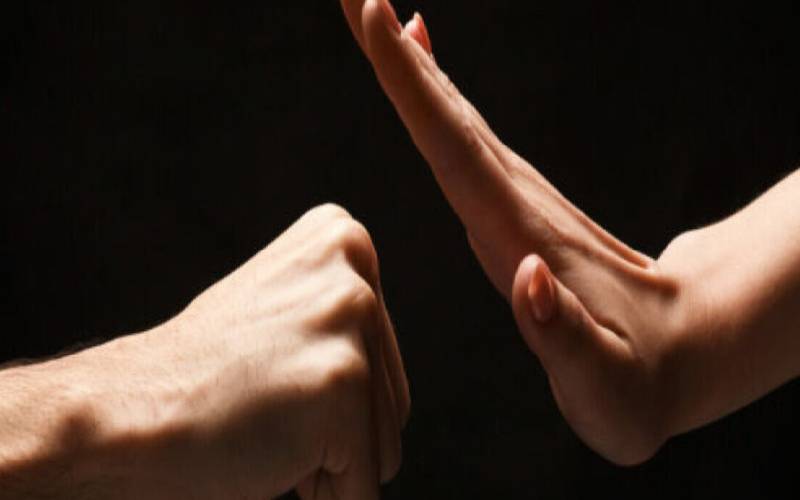×
The Standard e-Paper
Fearless, Trusted News

The International Women’s Day was marked on Monday. During this day, we celebrate the great strides made towards the empowerment of women and to demand action for the removal of all barriers that inhibit the progress of women and girls.